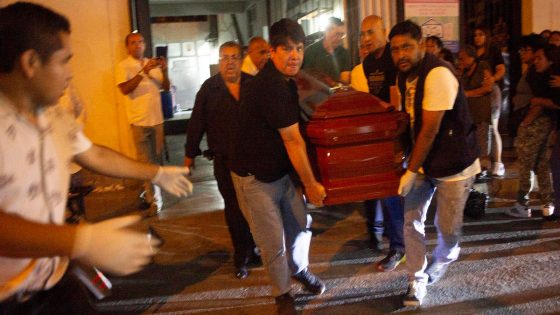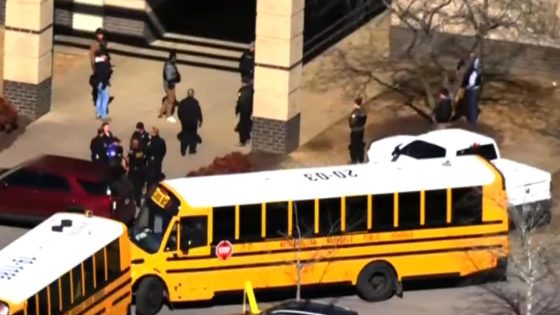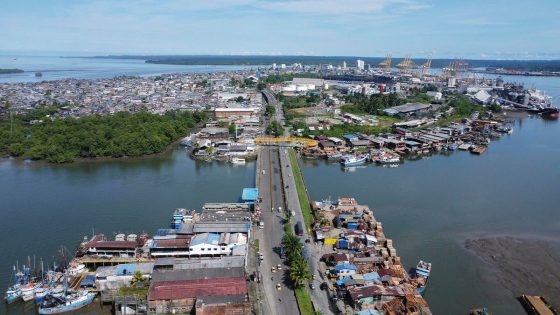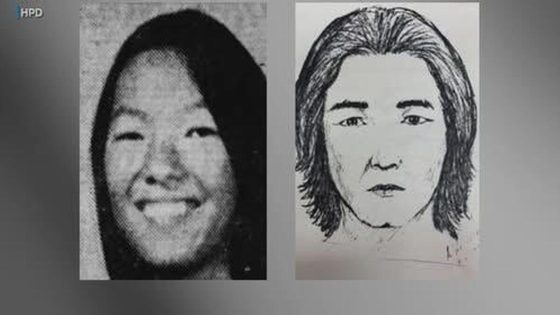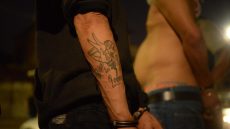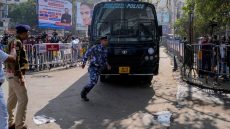On the morning of January 20, 2025, tragedy struck the quiet streets of Ica, Peru, when journalist Gaston Medina was brutally gunned down just as he was leaving his home. This shocking incident unfolded against a grim backdrop of escalating violence against reporters in a country grappling with an extortion crisis that has claimed numerous lives. Medina, known for exposing the dark underbelly of criminal gangs involved in racketeering, became the latest victim in a series of targeted attacks that have left the nation reeling.
- Journalist Gaston Medina was assassinated in Ica.
- Bomb attack targeted prosecutor's office in Trujillo.
- Extortion is rampant in Peru's criminal landscape.
- Medina received death threats prior to killing.
- Peru ranks 125th in press freedom globally.
- Organized crime significantly impacts safety and reporting.
The owner and editor of a regional TV channel, Medina was shot multiple times by assailants who swiftly fled the scene, leaving him critically injured. Authorities reported that he was pronounced dead upon arrival at the hospital, a fate that has become far too common for journalists in the region. The National Association of Journalists (ANP) expressed its outrage and concern, declaring, “The ANP will remain vigilant so that this crime does not go unpunished.”
Medina’s work was not just about reporting; it was about standing up against a pervasive culture of fear. He had shed light on the rampant threats faced by bus drivers, shopkeepers, and teachers—individuals who are coerced into paying protection money to criminal gangs. In the previous year, transport companies had been forced to strike in protest over the murders of drivers attributed to extortionists, highlighting the severity of the issue.
In a chilling coincidence, on the same day as Medina’s murder, a bomb exploded outside a prosecutor’s office in Trujillo, the epicenter of the extortion epidemic in Peru. The attack left two people injured and further underscored the dangers faced by those who dare to challenge organized crime. Eyewitnesses reported seeing a man on a motorcycle, later identified as a potential assailant, depositing a backpack at the scene just moments before the explosion. Attorney General Delia Espinoza attributed this attack to organized crime, pointing to a growing wave of violence that seems uncontainable.
As authorities scramble to respond to these incidents, the spiraling crisis of extortion is not just a reflection of lawlessness but a symptom of deeper societal issues. Criminal organizations, some fueled by the instability in neighboring Venezuela, have expanded their grip into Peru, making extortion a lucrative business that reportedly eclipses even drug trafficking. This stark reality is compounded by a lack of reporting from victims, many of whom live in fear of retribution.
Wilmer Quispe, an attorney representing Medina, revealed that his client had faced threats prior to his death. Medina had notably received messages of intimidation, including a disturbing instance in which he found a bag of trash containing a bullet addressed to him. These threats intensified after his reporting on allegations of corruption related to the purchase of medical equipment for state-run hospitals, an issue that implicated powerful interests.
Peru’s Press Freedom Index speaks volumes, with the country ranking a troubling 125 out of 180 for 2024, marking a “dramatic fall” in just two years. This decline paints a stark picture of the environment in which journalists like Medina operate, caught between the duty to inform the public and the very real risk to their lives.
In the aftermath of these alarming events, the investigation into Medina’s murder has gained urgency. Authorities face the challenge of not only securing justice for Medina but also dismantling the networks of crime that threaten the safety and integrity of journalists across the nation. While the government declared a state of emergency in Lima in response to a rise in extortion-related murders, it remains uncertain whether such measures will bring the needed relief to those living under the shadow of fear.
As the community mourns Medina’s untimely death, voices across Peru call for action and accountability. The ongoing struggle against organized crime has escalated into a battle for the very fabric of democracy, where the price of speaking the truth may, tragically, be one’s life. The future of press freedom and the safety of journalists in Peru hangs in the balance, with many now wondering who will stand up to protect those risking everything for the right to inform the public.



